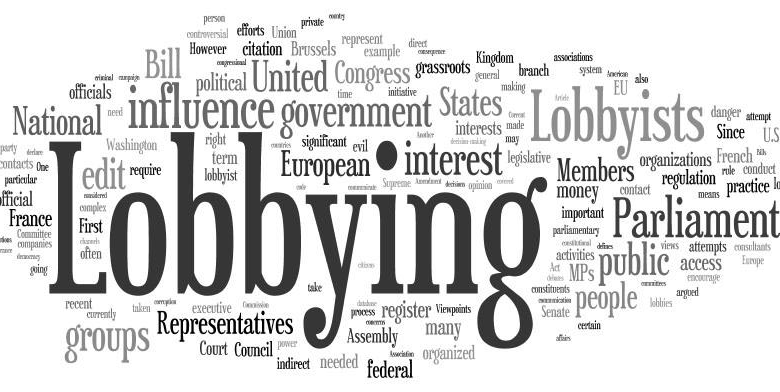From Influence to Impact: What Is Lobbying in Modern Democracy?

In conversations about politics and policymaking, the question often arises: what is lobbying and why does it matter so much in modern democracy? At its core, lobbying is the process through which individuals, organizations, or groups attempt to influence government officials and lawmakers to adopt specific policies or decisions. Far from being a shadowy or mysterious practice, lobbying is one of the most visible ways in which citizens and interest groups participate in shaping the future of their societies.
Understanding the Role of Lobbying
When we ask what is lobbying, we are really asking how influence turns into impact. Lobbying works as a bridge between people and policymakers. A group may present research, real-world stories, or economic data to demonstrate why a particular law should be passed—or why another law should be avoided. For example, a teachers’ association might lobby for higher education funding, while an environmental organization may push for stricter climate policies. In both cases, lobbying connects issues that matter to citizens with the decision-makers who have the power to act.
Why Lobbying Matters in Democracy
Democracy is built on representation, and lobbying ensures that representation goes beyond just casting a vote every few years. By providing lawmakers with information and perspectives, lobbying helps them make better, more informed choices. This process also creates accountability. When ordinary citizens or advocacy groups lobby, they remind leaders that policy decisions affect real lives outside the halls of government.
The Positive Impact of Lobbying
A major reason why lobbying plays such an important role in democracy is that it gives a voice to groups who may otherwise struggle to be heard. Small businesses, nonprofit organizations, and community movements use lobbying to balance the power of larger corporations and wealthy interests. When conducted transparently, lobbying can lead to fairer policies, stronger protections, and better outcomes for society as a whole.
The Challenges of Lobbying Today
Of course, the story of what is lobbying also has its challenges. Critics argue that in modern democracies, lobbying can sometimes give too much power to well-funded organizations, creating an uneven playing field. This is why transparency and ethical standards are vital. Citizens deserve to know who is trying to influence their leaders and why. When done responsibly, lobbying strengthens democracy, but when abused, it risks undermining public trust.
Influence to Impact: A Shared Responsibility
Lobbying is not just about corporations or political insiders—it is a tool available to everyone. Whether you sign a petition, join a campaign, or advocate for a cause in your community, you are engaging in a form of lobbying. By better understanding what is lobbying, ordinary citizens can see that influence is not only in the hands of the powerful. Each voice, when organized and persistent, has the potential to create real impact in modern democracy.







